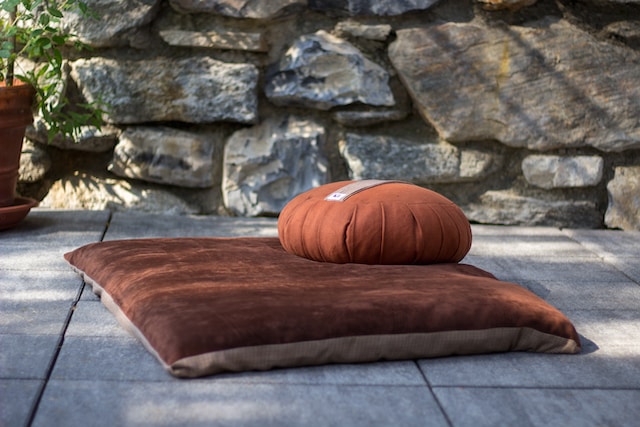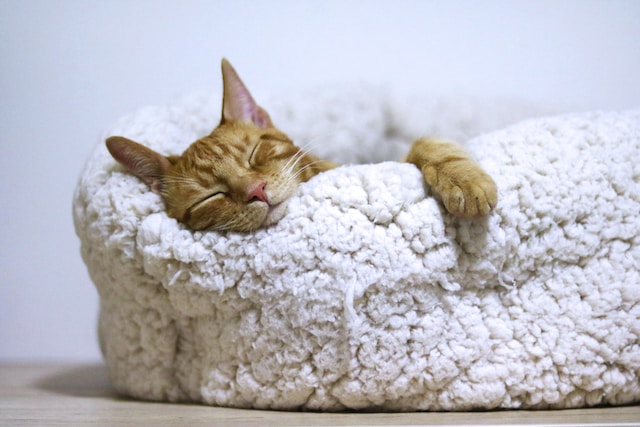1. Practice Mindfulness MeditationMindfulness meditation is a powerful technique to cultivate present-moment awareness and reduce stress. Set aside a few minutes each day to focus on your breath and observe your thoughts without judgment. This practice can help you stay grounded and centered amidst life's challenges. Truth be told, I don't meditate every day because life gets in the way. However, my sweet boyfriend bought me the Calm app. Because I used it quite a bit, he bought me lifetime access when there was a Black Friday sale. I try to use it as much as I can, but I also don't put too much pressure on it. I heard there is a free equivalent version called Insight Timer. 2. Engage in Regular Physical ExerciseExercise is not only beneficial for your physical health but also for your mental well-being. Engaging in regular physical activity, such as walking, jogging, or yoga, releases endorphins, the body's natural stress-relievers, and can help alleviate anxiety. It took me a long time to figure out what exercises worked and didn't work for me. Recently, I started doing reformer-based pilates and I love it! 3. Maintain a Balanced DietWhat you eat can also impact your stress levels. Incorporate a balanced diet rich in fruits, vegetables, whole grains, and lean proteins. Reduce your intake of caffeine and sugary foods, as they can contribute to feelings of anxiety. I was born a picky eater, so it's very hard for me to achieve a balanced diet, too. I try to incorporate some veggies into my smoothies when I know my body tells me there aren't enough "good" nutrients. 4. Establish a Consistent Sleep RoutineAdequate sleep is vital for managing stress and anxiety. Create a sleep routine by going to bed and waking up at the same time each day. Limit screen time before bedtime to improve the quality of your sleep. As I get older, I realize a good, well-rested night of sleep is more precious than gold.My sleep routine involves the following:
5. Practice Deep Breathing ExercisesWhen you feel overwhelmed, take a moment to practice deep breathing. Inhale deeply through your nose, hold for a few seconds, and then exhale slowly through your mouth. Deep breathing can calm your nervous system and reduce stress.
I like this one - Sudarshan Kriya. It's completely free on YouTube. I stumbled on this ancient breathwork when I read the best-selling book Breath, written by James Nester. It's hard at the beginning but it gets easier. If you have read the whole thing, I thank you from the bottom of my heart. Why stop here? Go leave me a comment, please. Out of the 5 ways to destress, which one is your go to? which one is the hardest to do?
0 Comments
Leave a Reply. |
AuthorVictoria is a Registered Clinical Counsellor. She primarily works with families, youth and parents and women wanting to do self-work. Archives
May 2024
Categories |
GOOD TALK THERAPY
|
|
Good Talk Therapy acknowledges that it is located and operates on the traditional, ancestral, and unceded territories of the kʷikʷəƛ̓əm (Kwikwetlem First Nation), including those parts that were historically shared with the sq̓əc̓iy̓aɁɬtəməxʷ (Katzie), and other Coast Salish Peoples.
|
WESPACE
Unit 200-1140 Austin Ave Coquitlam, BC V3K 3P5 604.716.0631 [email protected] © 2024 Good Talk Therapy. All rights reserved. |




 RSS Feed
RSS Feed

